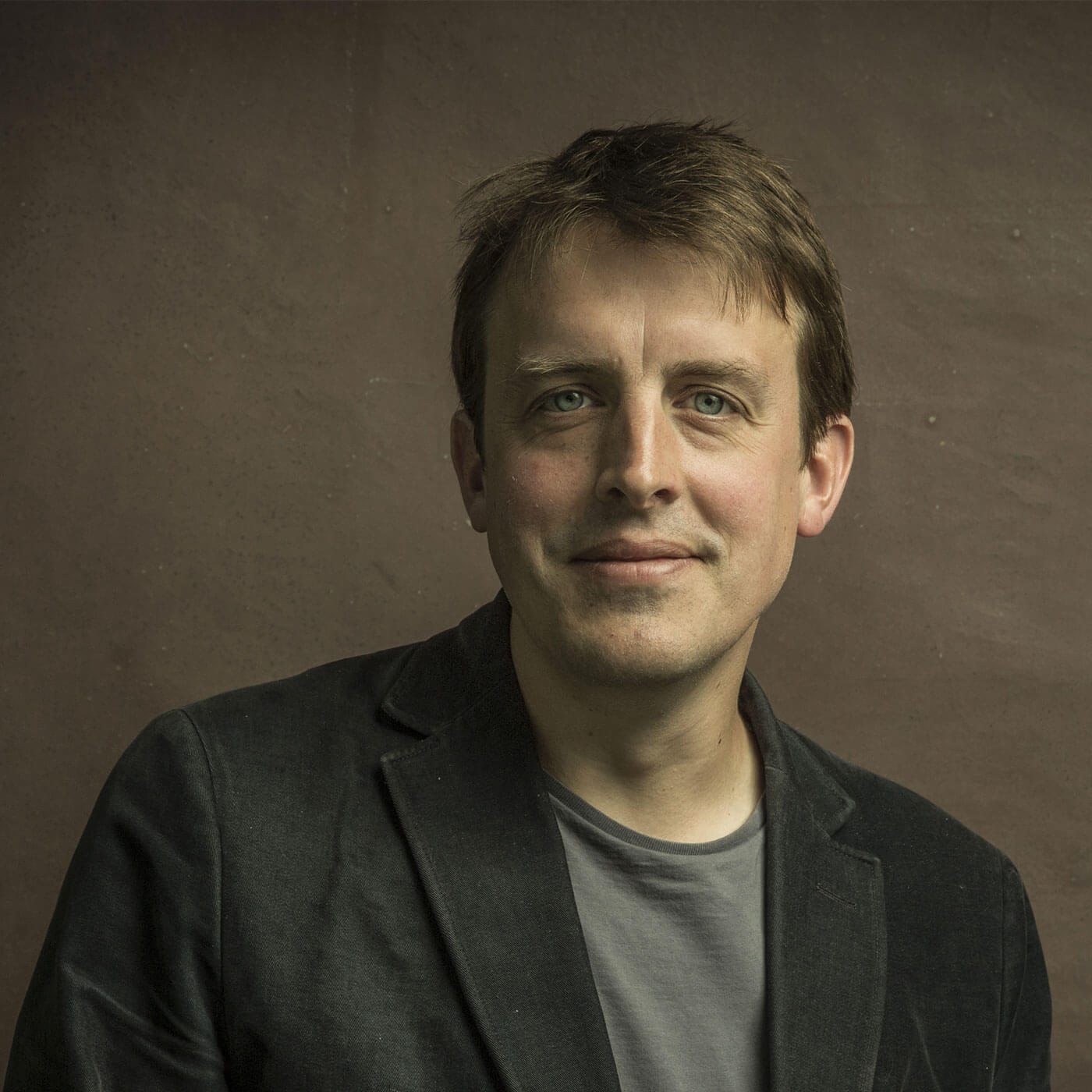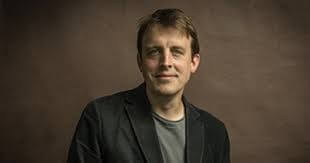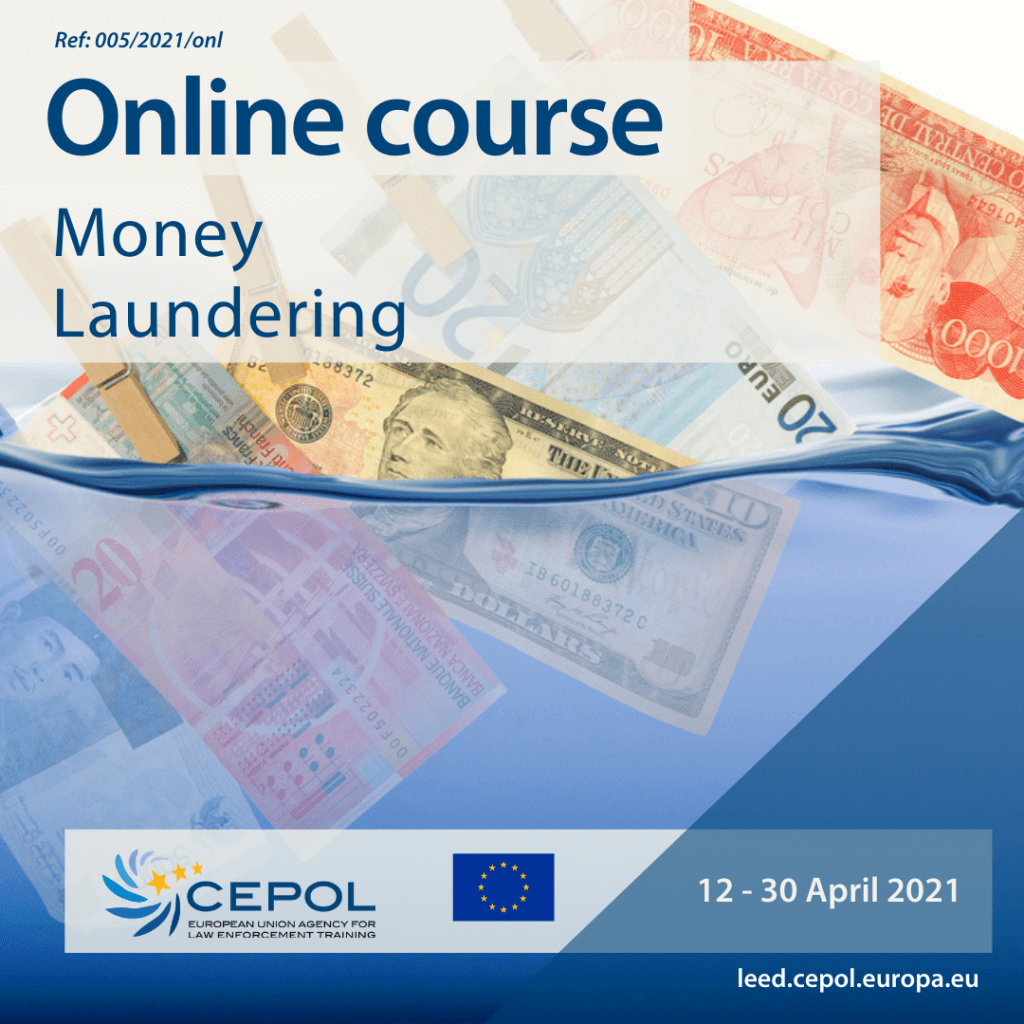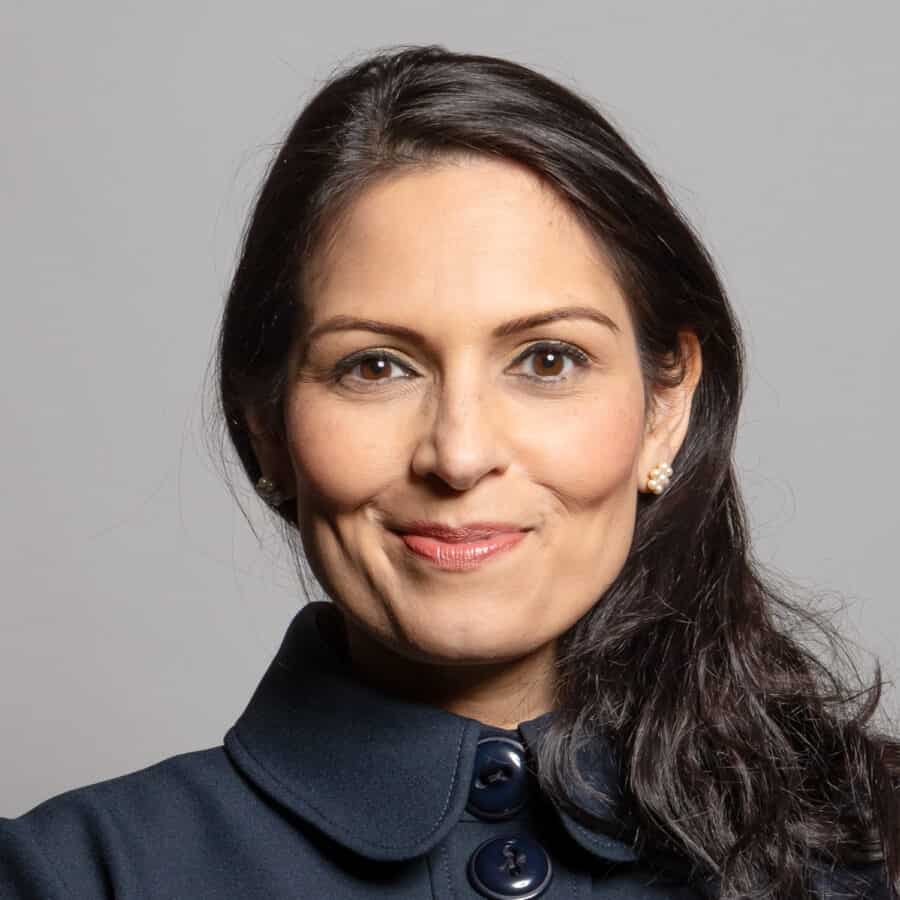For decades, British politicians have welcomed the super-rich with open arms.

Now Fighting back, Suriname too could learn
by Oliver Bullough/ the Guardian

Amsterdam Feb 28 2022– When journalists and academics pointed out that these murky fortunes could buy influence over our democracy and undermine the rule of law, they were largely dismissed as inconvenient, warning MPs to beware Russians bearing gifts.
But not even too long ago, after the poisoning in Salisbury of the former spy Sergei Skripal and his daughter Yulia, those little-heeded prophecies jumped straight into the pages of Hansard.
To those who seek to do us harm, my message is simple: you are not welcome here,” Theresa May told the House of Commons on 14 March, in a speech that blamed Russia for the attack. “There is no place for these people, or their money, in our country.”
Britain’s entire political class joined the prime minister in this screeching handbrake turn. MPs who had long presented the nation’s openness to trade as a great virtue suddenly wanted to be seen as tough on kleptocrats, tough on the causes of kleptocrats.

Having allowed so much Russian money into Britain, these MPs were now seized with concern that Vladimir Putin might, through his power over his nation’s super-rich, be able to influence our institutions. Were we selling Putin the rope with which he would hang us, they wondered.
That is why, on 28 March, I took a seat in committee room six, a chamber high up in the Palace of Westminster, with heavy furniture, a view over the River Thames, and a carpet like a migraine. The foreign affairs committee exists to monitor the work of the Foreign Office – essentially, to keep an eye on Boris Johnson – but its members can investigate any subjects they choose. This time, they had chosen to look into the money Putin and his cronies hold in Britain and its overseas territories, with a view to exploring fresh opportunities for sanctions.
I had brought along a list of things I wanted to talk about: how we should improve our defences against money laundering; how we need transparency about who owns property; how MPs themselves must stop taking money from dodgy ex-Soviet oligarchs if they want others to do the same.

But the first question, from Priti Patel, the former international development secretary, blew me off my socks: “Can you give the committee a sense of the scale of so-called ‘dirty money’ being laundered through London?” she asked.









